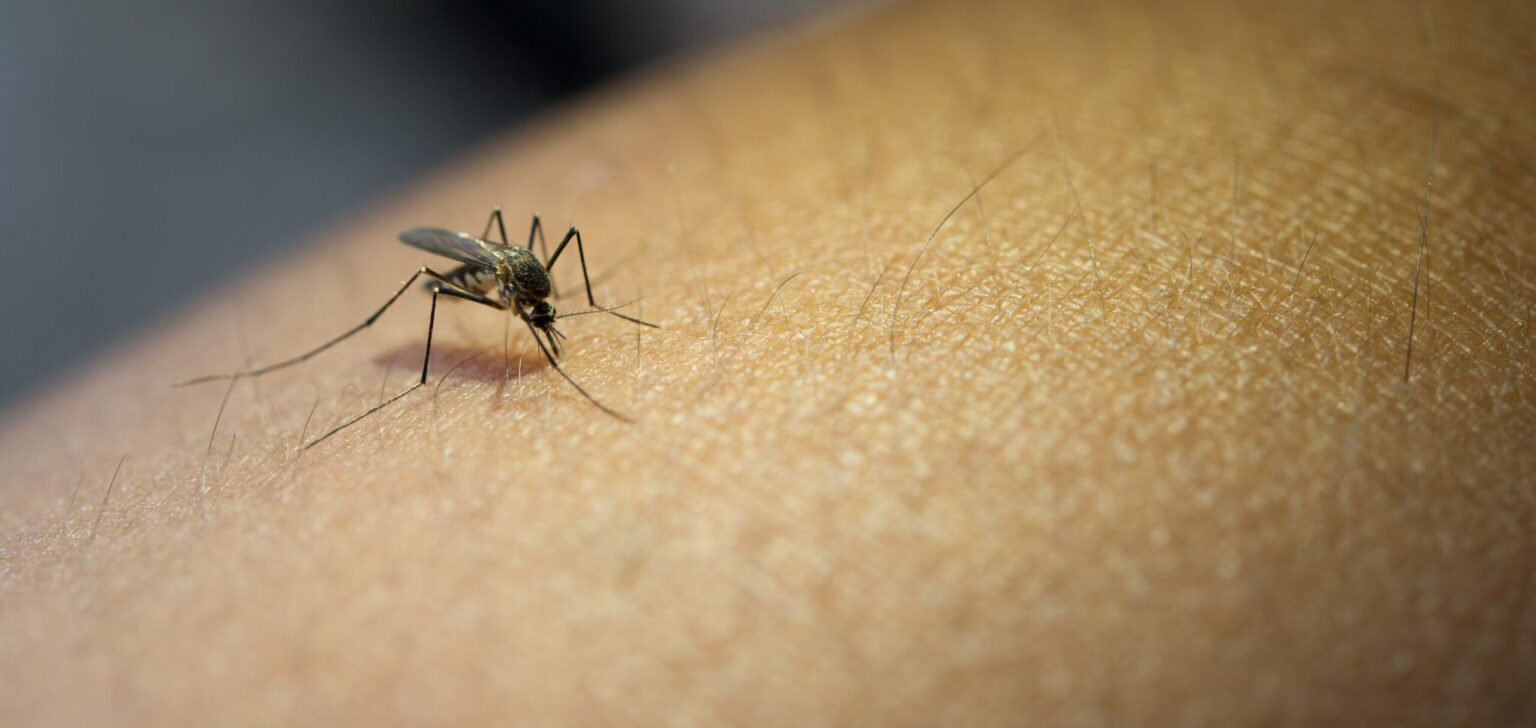Malaria, a mosquito-borne infectious disease caused by Plasmodium parasites, continues to pose a significant threat to public health worldwide. Despite substantial progress in recent years, malaria remains a leading cause of morbidity and mortality, particularly in sub-Saharan Africa, where the majority of cases and deaths occur. With its complex lifecycle and evolving drug resistance, malaria presents a formidable challenge in the fight against infectious diseases.
The transmission of malaria occurs through the bite of infected female Anopheles mosquitoes. Once introduced into the bloodstream, the Plasmodium parasites travel to the liver, where they multiply and mature before re-entering the bloodstream to infect red blood cells. This cycle of replication leads to the characteristic symptoms of malaria, including fever, chills, headache, and fatigue. In severe cases, malaria can progress to life-threatening complications such as cerebral malaria, severe anemia, or organ failure.
One of the key factors contributing to the persistence of malaria is the emergence of drug-resistant parasites. Over time, Plasmodium parasites have developed resistance to commonly used antimalarial drugs, rendering them less effective in treating infections. This necessitates ongoing research and innovation to develop new treatment strategies and alternative therapies to combat drug resistance and improve patient outcomes.
Preventing malaria transmission relies heavily on vector control measures such as insecticide-treated bed nets, indoor residual spraying, and environmental management to reduce mosquito breeding sites. Additionally, chemoprevention strategies, particularly for high-risk populations such as pregnant women and young children, can help reduce the burden of malaria in endemic areas.
Efforts to eliminate malaria require a multi-faceted approach that addresses both the biological and socio-economic determinants of the disease. Strengthening healthcare systems, improving access to diagnostic testing and treatment, and enhancing surveillance and monitoring mechanisms are essential components of malaria control and elimination strategies.
Furthermore, international collaboration and funding are critical for sustaining progress and scaling up interventions in malaria-endemic regions. Initiatives such as the Global Fund to Fight AIDS, Tuberculosis, and Malaria, along with partnerships between governments, non-governmental organizations, and the private sector, play a vital role in supporting malaria control efforts and advancing research and innovation.
In conclusion, malaria remains a significant global health challenge that requires continued investment, innovation, and collaboration to overcome. While significant strides have been made in reducing the burden of malaria in many parts of the world, concerted efforts are needed to accelerate progress towards malaria elimination and ultimately achieve a world free from this devastating disease. By working together and prioritizing malaria control and prevention efforts, we can move closer to realizing the vision of a malaria-free future for all.



